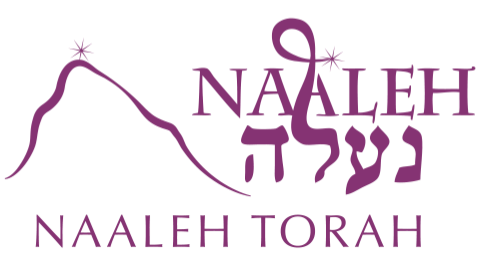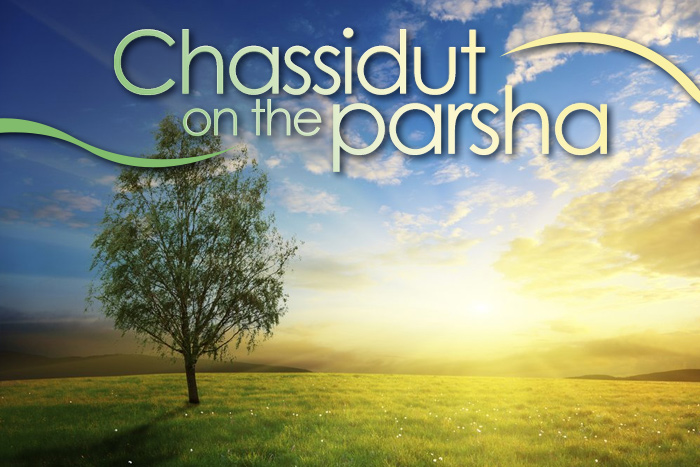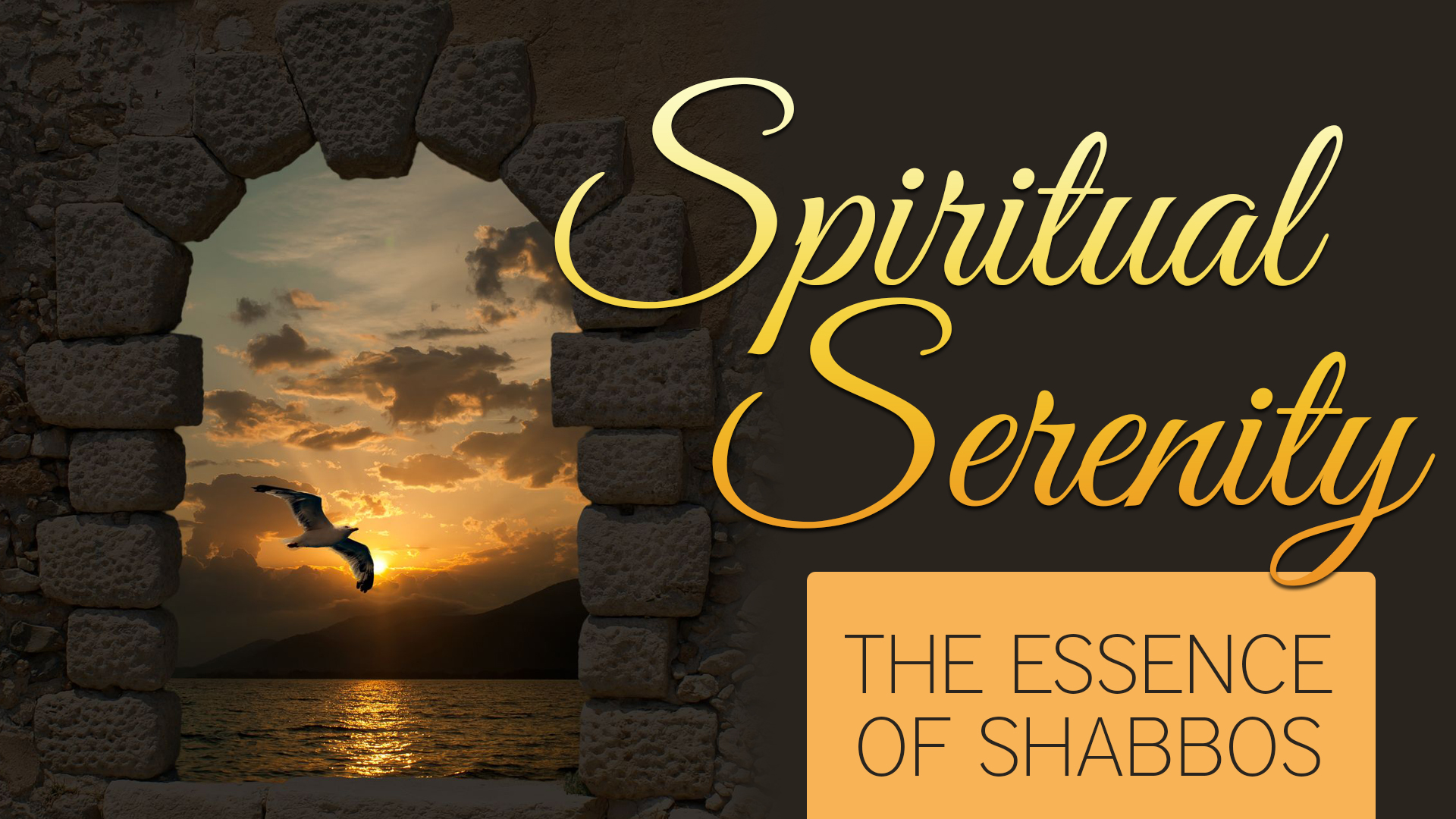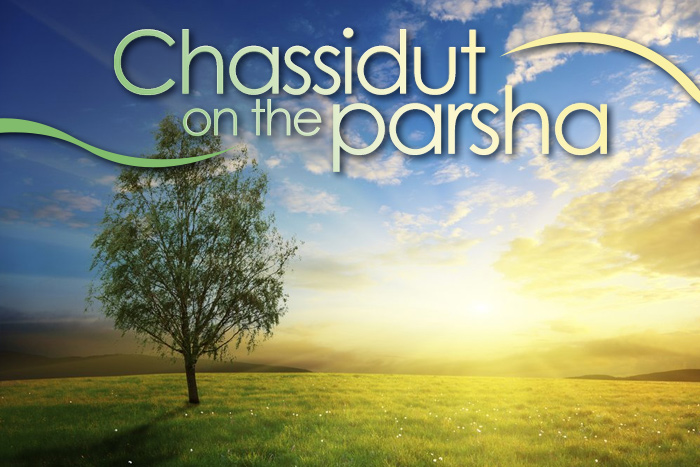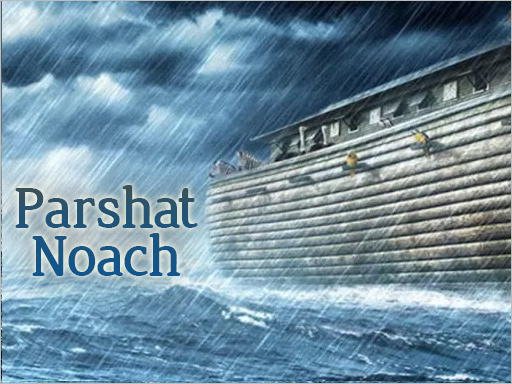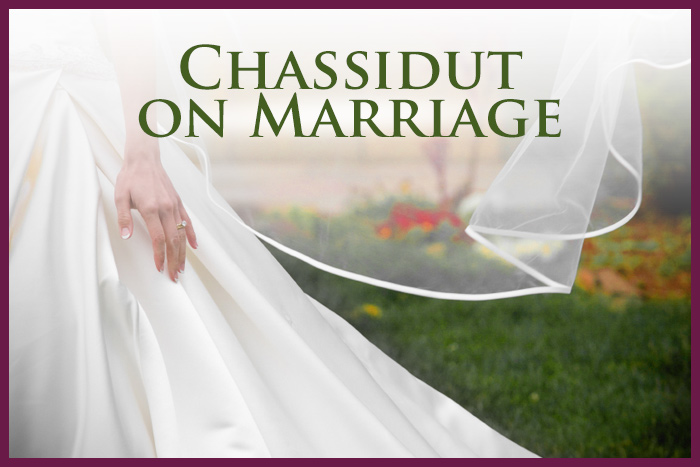Parshat Ve’etchanan: The Second Version of Aseret Hadibrot (Insights On Mitzvas Shabbat)
Posted onLast lecture in series on Shem Mishmuel. Chelek Sefer Devarim daf mem-gimel on Parshat Ve’etchanan.
Analyzing the Two Versions of Aseret Hadibrot with respect to Mitzvas Shabbat. Parshat Yisro vs. Parshat Ve’etchanan
